Learn more about gut healthy foods, superfoods and nutrition for improving your health and wellness.
Recent Blogs

Unlock longevity with MetaAge.ai
Our newest biological age predictor performs a comprehensive analysis of your genetics, gut microbiome, lifestyle and health data.

Does The Microbiome Affect Healthspan? Exploring the Gut-Immune Axis
Did you know that 70% of the immune system lies in the gut? The gut-immune axis influences immune health outcomes, including infection risk, allergic response, and autoimmunity. Personalized gut restoration can be a gamechanger in targeted interventions for immune-associated concerns.

Fermented Foods : Gut Health Superstars
Fermented foods have been consumed by humans for years, with their origins going as early as 10000 BC. These foods boast of a rich micronutrient profile and are a true source of healthy, live bacteria. Dietary protocols promoting fermented foods are a must have for overall health optimization.
More blogs

Guardian Of The Gut : BUTYRATE!
Posted at : 2025-04-02 | 5 mins read
Microbial metabolites are being presented as new therapeutics for a wide range of complex diseases. Butyrate is one such entity. Considered an important product of microbial activity, it plays an important role in gut health, immunity, mental function and hormonal regulation.

Why Beauty Isn't Skin-Deep : Skin Secrets From The Microbiome!
Posted at : 2025-02-22 | 7 mins read
Can our gut microbes give us the vibrant skin that we yearn for? Exploring the gut-skin axis has led to revelations about microbial mechanisms that control skin inflammation and severity of conditions like rosacea, acne and psoriasis. Gut microbiome restoration is key for maintaining healthy skin.

Heart Month 2025 : Decoding The Gut-Heart Connection
Posted at : 2025-02-07 | 7 mins read
Our gut bacteria have a deep connection with cardio-metabolic factors that regulate blood pressure, cellular signaling and inflammation. It is essential to include microbiome restoration for improved outcomes during cardiovascular prevention and/or management. #OurHearts #HeartMonth2025

Gut Fungi : Friends or Foes?
Posted at : 2025-01-28 | 7 mins read
Although the human mycobiome is not as well studied as its bacterial counterpart, there is evidence of a strong influence of fungal microbes on host health, with a balance being key. Unchecked fungal growth in the gut, or reduced fungal diversity can trigger health issues.

Your Gut Microbes Are Changing This Season.
Posted at : 2025-01-28 | 5 mins read
Seasonal changes in gut bacteria underscore the adaptive ability of our inner ecosystems during the winter. It is essential to take additional care to have good digestive health and prevent illness this season.

Gift Yourself The Holidays That You Deserve
Posted at : 2024-12-24 | 5 mins read
Get rid of 'holiday stress' and celebrate the festive season by showing some kindness to yourself and your body. We share some thoughtful habits that we hope help you make the holidays memorable!

Client Success Story : Transforming Health Through Microbiome & DNA Testing
Posted at : 2024-12-04 | 5 mins read
A journey to better health with Navipoint! Over three months, our client’s health journey showcased impressive improvements, from managing fatigue and digestive issues to achieving enhanced energy and mood stability.

From Stone Age To Plastic Age! Microplastics & Microbiomes
Posted at : 2024-11-14 | 5 mins read
Microplastics are plastic particles that are <5 millimeters in size. Studies show that microplastic exposure can modify microbiome composition and be detrimental to gut health. Making conscious choices in our daily lives is essential to combat this environmental challenge.

Hay fever or allergies? Genetic factors can affect your respiratory health.
Posted at : 2024-11-12 | 7 mins read
Your immune function and respiratory health is influenced by a complex set of biological and environmental factors - one of them is genetics!

Spice up this Diwalloween with gut-healthy recipes!
Posted at : 2024-11-02 | 10 mins read
Both ginger and turmeric have been used in traditional medicine, for centuries. Try these recipes for a flavorful boost to your gut health during the upcoming festivities/holiday season.

Power-packed plant oils for a healthy microbiome
Posted at : 2024-11-01 | 5 mins read
Plant-based oils offer some amazing gut health benefits. Using certain oils that reduce inflammation, heal the gut and increase bacterial diversity significantly improves microbiome health.

10 vitamins that support your gut (and are supported by your gut)
Posted at : 2024-10-26 | 7 mins read
Vitamins are essential nutrients that are obtained from diet/supplements, as well as produced by, or converted into their active forms by commensal bacteria that thrive in a healthy gut microbiome. This underscores the fact that diet must be supportive of a diverse and rich gut flora.

Spotlight on neuropsychiatry genes : how DNA shapes healthy behaviors
Posted at : 2024-07-30 | 7 mins read
When it comes to mental health, genes play a larger role than we know. We highlight three such genes which influence various aspects of neurotransmitter function, behavioral tendencies and cognitive health.

The Impact of DNA on Nutrition
Posted at : 2024-07-16 | 5 mins read
In order to know what your body needs to thrive, a deeper understanding of your genetic predisposition and unique nutrition needs is required. We help you understand your health and wellness in a way that empowers you to take control, make informed choices and be your best self.

9 out of 10 adults do not understand health. And this impacts their decisions and longevity.
Posted at : 2024-07-03 | 5 mins read
Multiple bio-psycho-social factors such as genetics, behavior (knowledge, attitudes) and external influences (social norms, community development) impact an individual’s motivation to make lifestyle change and their health outcomes.

Can climate change impact gut health?
Posted at : 2024-06-21 | 5 mins read
Yes! Polluted air, soil erosion and increased pesticide usage harms our well-being, including our gut health. It is high time we prioritized lifestyle changes which optimize the microbiome and combat health risks.

Will Pixar's next sequel feature the gut-brain connection?
Posted at : 2024-06-20 | 5 mins read
We hope it does! Gut health and emotional well-being are very closely linked via the gut-microbiome-brain axis. With increasing evidence on the potential of gut microbes in regulating emotions, it is no wonder that the gut is called the second brain of the body.

Microbes & Us : 400 years of history!
Posted at : 2024-05-31 | 7 mins read
From accidental discoveries to microbiome-based therapies, we take a peek at scientific milestones that have made the humans of today acutely aware of microbial super-beings thriving alongside them.

A Taste Of Science : Why Some Foods Make Us Go ICK!
Posted at : 2024-04-27 | 8 mins read
Discover the science behind the joy of tasting food! Genetics and bacterial activity are known to modulate our sensitivity to sweet, salty, bitter, sour and savory flavors, thus shaping eating patterns, dietary adherence and health outcomes.

IBS Awareness Month : Risk Factors & Future Directions
Posted at : 2024-04-17 | 5 mins read
A personalized diet remains a key modifier that can increase chances for successful IBS management and prolong remission. It is during the formulation of these nutritional strategies that microbiome restoration should be prioritized.

Everyday essentials that impact your microbiome health
Posted at : 2024-04-09 | 7 mins read
Stop asking for that cash receipt! Did you know that thermal paper contains extremely high levels of bisphenol A, which is linked with negative health effects? Research suggests that long-term exposure to some of these sources can significantly influence gut bacterial diversity and homeostasis.

(Gut) Love Don't Cost A Thing! Two Easy Ways To Make Your Microbes Happy
Posted at : 2024-02-20 | 5 mins read
Scientific studies prove that movement-based modifications can greatly support ongoing treatment for chronic digestive health conditions.

Mind-blowing Microbiome Facts!
Posted at : 2024-02-20 | 7 mins read
These scientific facts BLEW our mind! In this blog, we share some cool insights from the amazing world of microbiomes.

DNA-diet connections which make you unique!
Posted at : 2024-01-24 | 5 mins read
Nutrition and health experts continue to learn about how DNA impacts the body's response to environmental stimuli, including the food we eat. The question is - can we modify what we eat in a way to enable favorable health outcomes?

Patient Health Is Not Genetically Predetermined - Here's Why.
Posted at : 2024-01-18 | 7 mins read
Predictive DNA test results, when correlated with patient history, translate into successful application in various settings - general wellness, targeted symptom management and/or therapy.

Does A Healthy Microbiome Promote Social And Personal Development?
Posted at : 2023-11-24 | 10 mins read
As more research continues to take place, a growing body of evidence suggests that host behavior and microbiome influence each other.

Can DNA variants trigger microbiome shifts and gut inflammation?
Posted at : 2023-11-09 | 10 mins read
There is a complex interplay between host genome (DNA) and microbiome function. Studies have identified a link between the possible impact of specific DNA variations on microbiome-mediated processes, immune regulation and nutrient absorption.
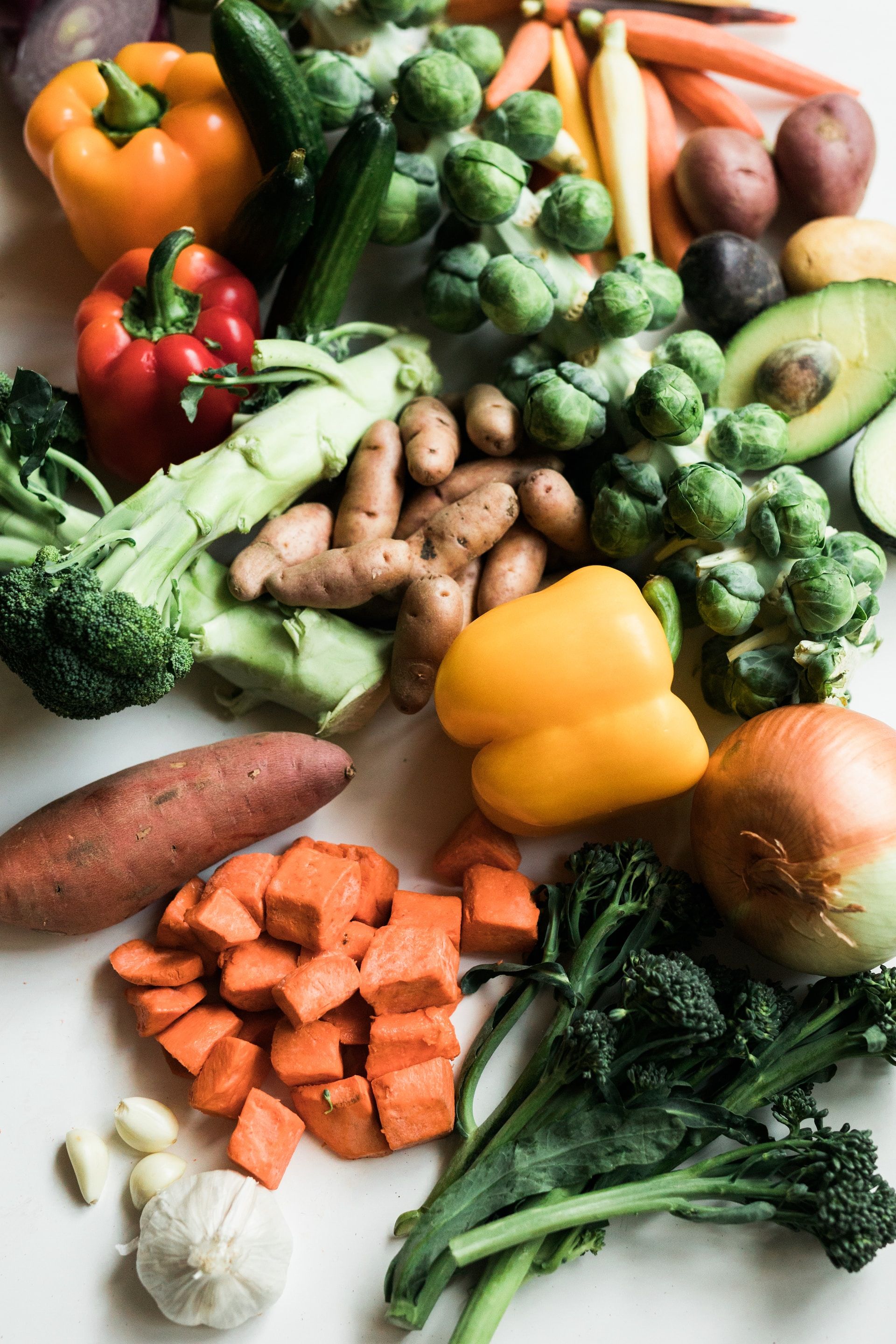
Plant-based foods that your gut microbes love!
Posted at : 2023-10-12 | 10 mins read
We cannot ignore these super foods that enrich our gardens - and gut microbiomes! Read this blog to learn about the microbiome benefits of these fruits and vegetables and why they should be a part of your staple diet.

Can A Workout A Day Keep Gut Issues Away?
Posted at : 2023-10-04 | 5 mins read
Exercise can boost the richness and diversity of beneficial microbes in your gut. But this impact might not be independent of the foods that you consume and how you train.
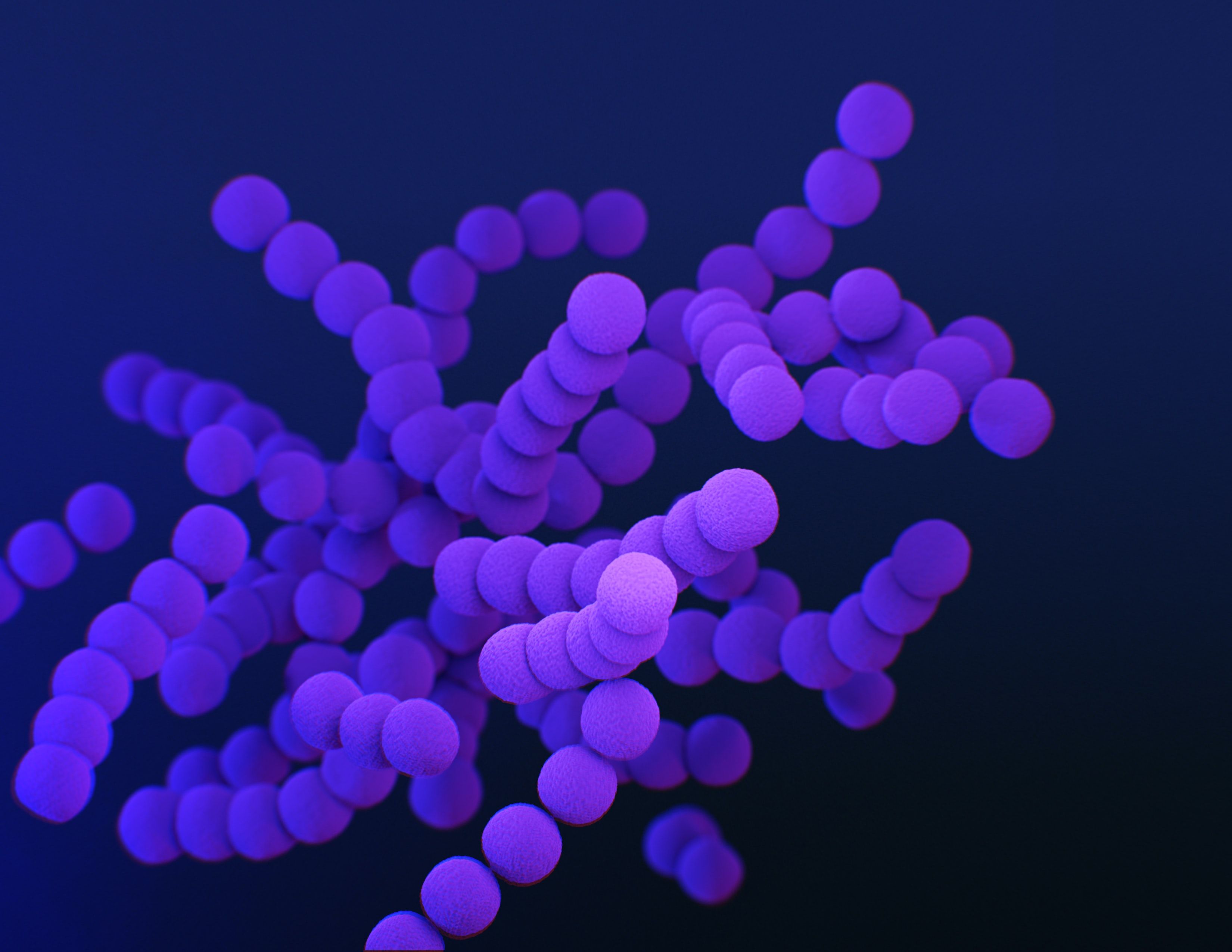
Can Microbiome Health Impact Patient Outcomes In Parkinson's Disease? - A Case Study
Posted at : 2023-08-05 | 10 mins read
Our recent case study in a Parkinson's patient showed the potential clinical impact of a microbiome-based dietary intervention.

What Shapes Our Microbiome In Early Life?
Posted at : 2023-07-20 | 10 mins read
Our microbiome is shaped by several factors during early stages of life, including before and during birth. Building a strong foundation for microbiome health can help improve immunity and ward off negative effects in later stages of life.

Inside the world's tiniest chemistry lab - your gut
Posted at : 2023-07-07 | 7 mins read
Our gut microbes act on the food we eat, metabolizing different dietary compounds and producing a wide array of essential byproducts. These microbial metabolites, ranging from short-chain fatty acids to vitamins, play a vital role in maintaining good health.

Take Control of Your Health: Recognizing Warning Signs of Type 2 Diabetes
Posted at : 2023-05-04 | 3 mins read
Some of us are predisposed to developing diabetes because of biological factors such as genetics or underlying gut imbalances. Lifestyle changes can prevent or delay symptoms by several years! Get deep and personalized health insights for better prevention - with our Precision Health Kit.

Are You Biologically Wired To Sleep Less?
Posted at : 2023-04-07 | 2 mins read
Getting a good night's sleep is easier said than done for many individuals. While some people naturally have a regular sleep routine, others struggle to fall asleep or stay asleep despite trying various remedies. Research suggests that sleep patterns are influenced by biological factors.

Root cause behind your Sugar Cravings? Take a look at your Genes
Posted at : 2023-03-06 | 1 mins read
Have you ever felt this explosive desire for sugar? There are several reasons you may be experiencing this sudden gustatory gush, like poor lifestyle habits, psychological factors, and medications. Humans are biologically wired to crave sugar.

Gut Health: Your Child’s Head Start to a Healthy Life
Posted at : 2023-01-25 | 2 mins read
The importance of gut health in everyday life has been a topic of discussion everywhere recently, especially when it comes to kids’ health. The trillions of bacteria living in your child’s gut play a key role in their mental and physical well-being and overall growth.

5 Things Our Test Can Reveal
Posted at : 2022-12-20 | 3 mins read
Have you ever been bloated, but haven’t been able to understand why or been tired in spite of a good night’s rest, or not been able to optimize your health even after leading a healthy lifestyle? Health is a tricky phenomena and what might work for one person, might not work for another.

Selfcare this winter season.
Posted at : 2022-11-29 | 3 mins read
The winters are a time of cool pleasant breezes and warm sweaters, but a myriad of health problems creep up during the winters as well. From skin infections to sore muscles and even stomach issues, the winters are an important time to take care of yourself.
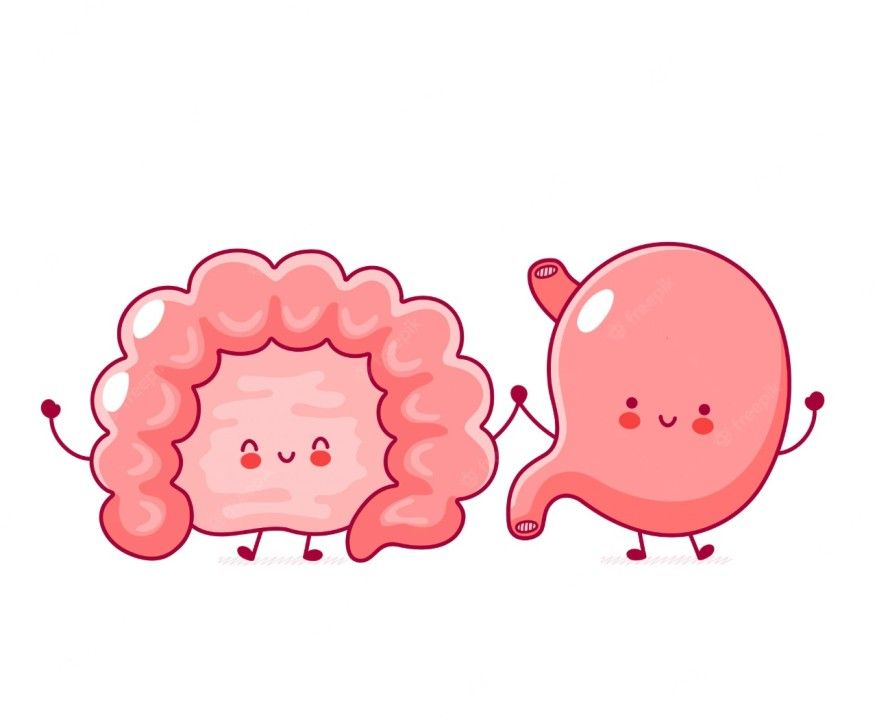
5 foods to keep your gut happy this holiday season
Posted at : 2022-11-14 | 2 mins read
What you eat directly affects your mood. Different foods affect your body, especially your gut, in different ways. While some help nourish the "good bacteria,"others may be the reason for gut imbalances by feeding your "bad bacteria.". A balanced and healthy gut leads to a balanced and healthy mind!
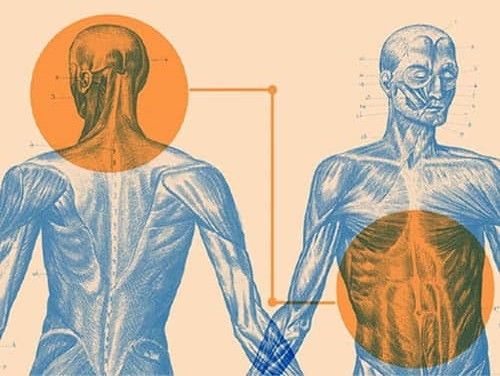
The Gut-Brain Axis: A deeper insight into this nuanced connection
Posted at : 2022-11-02 | 2 mins read
Many times over we’ve heard people give the advice to ‘go with your gut’. Is the gut an organ that can make decisions for you? Recent studies show that the gut and brain have a deep-rooted, symbiotic relationship. The communication system between the gut and the brain is known as the gut-brain axis.
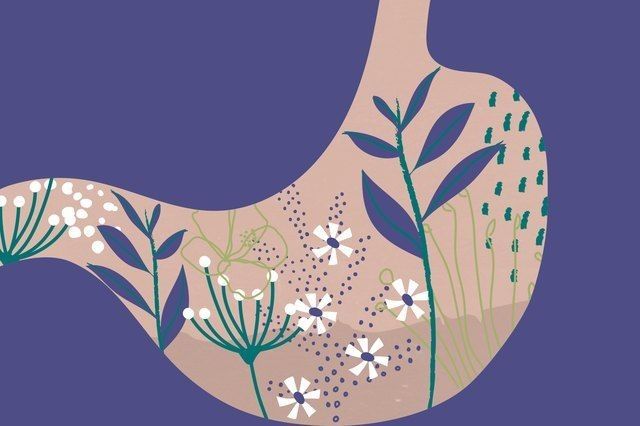
Gut Health & Why does it matter?
Posted at : 2022-11-01 | 2 mins read
Our knowledge of the gut and its importance over the years has evolved along with us. Scientists once believed that gut bacteria was neither harmful, nor beneficial and was simply neutral. But the ancient Greeks knew something we’ve discovered only recently.

Heal an Unhealthy Gut: Foods for your Gut Microbiome
Posted at : 2022-10-03 | 5 mins read
While probiotic-rich foods are beneficial for gut health, let’s take a closer look at some of the best and worst foods for gut microbiome.

Expert Interview : Dr Sujatha Stephen
Posted at : 2022-08-01 | 2 mins read
Precision nutrition, personalized dietary intervention – these are complex terms. Tell us how you explain this to people who ask you about them. Precision nutrition means looking at all things unique in a person’s biology, for planning their diet strategy. It is an approach to develop targeted...
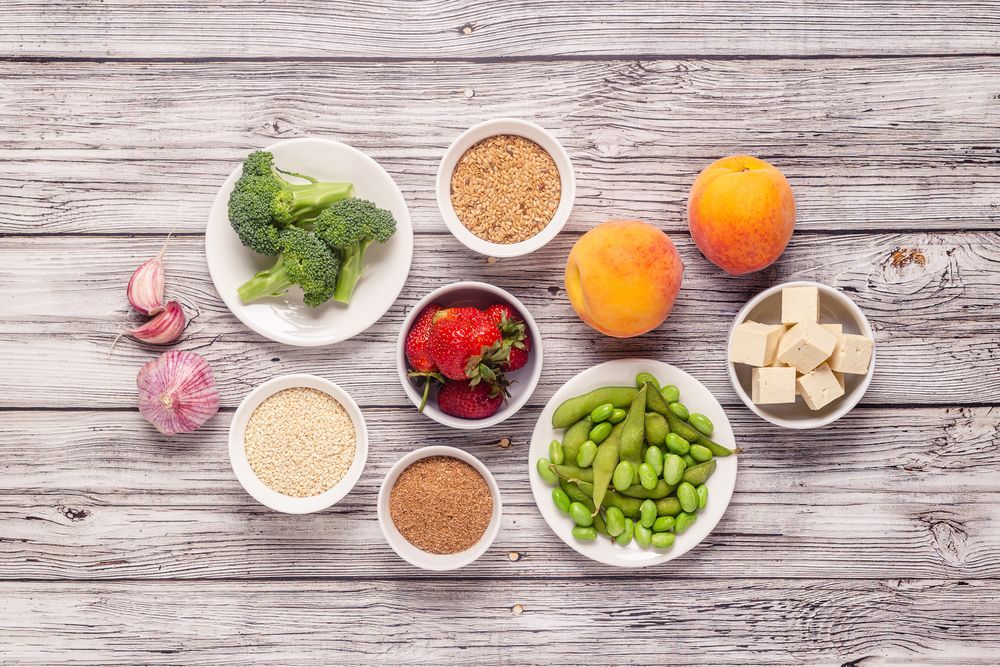
Discover the Best Diet for Post-Covid Recovery
Posted at : 2022-04-11 | 3 mins read
Life may have returned to normalcy but the Covid-19 scare still exists, affecting the lives of millions globally. A reported surge in symptoms related to the digestive system like bloating, stomach ache, gaseousness and acidity has made it critical...
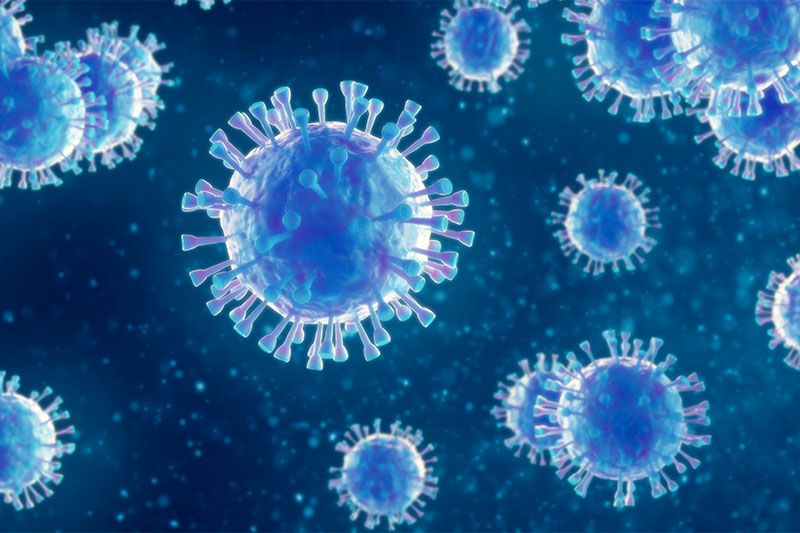
Learn more about Gut Dysbiosis and Disease Prevention
Posted at : 2022-04-11 | 4 mins read
When your gut loses the diversity of bacteria – causing gut dysbiosis, your body is exposed to a host of health risks. Discover the dysbiosis diet and more. Trillions of microorganisms inhabit your gut microbiome and are responsible for balancing your body’s immune response...
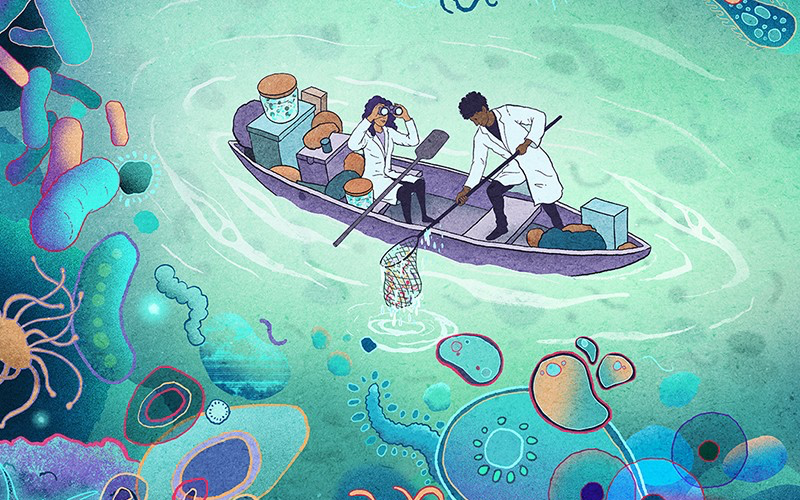
How does a Microbiome test help map your wellness?
Posted at : 2022-01-24 | 6 mins read
Wellness is easier to achieve when you have access to powerful personalized data about your own body that can impact your day-to-day life. Microbiome testing is a relatively recent phenomenon that has received a great deal of attention over the past few years.

How does Gut Health affect your Skin? Read to find out more.
Posted at : 2022-01-03 | 3 mins read
For the longest time, it was believed that the gut and the skin are two distinct organs. However, research has shown that they are very much related to each other. While they perform different functions, they both protect the body from harmful elements.
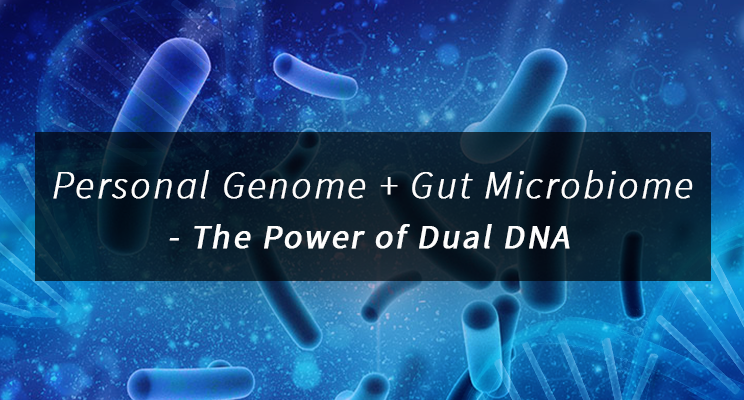
Personal Genome + Gut Microbiome - The Power of Dual DNA
Posted at : 2021-08-03 | 2 mins read
A person’s DNA and their Gut Microbiome are two important factors that impact their overall wellness. Any imbalance in the gut microbiome or disruption of the natural microflora of bacteria can drastically increase one's susceptibility to disease.
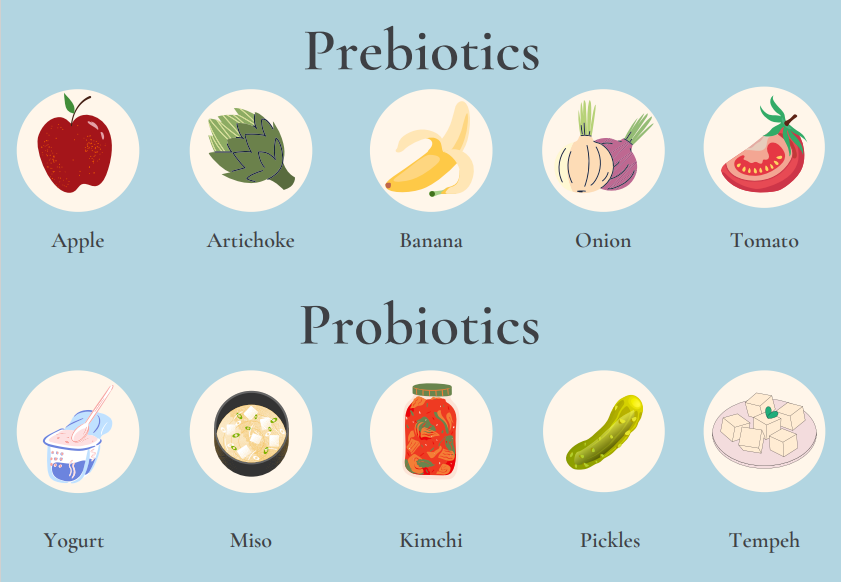
Prebiotics and Probiotics – What’s the difference?
Posted at : 2021-05-13 | 5 mins read
The symbiotic relationship between pre and probiotics in your body promotes a healthy environment for bacterial diversity in your stomach. Gone are the days when taking a daily multivitamin took care of your everyday nutritional needs. With lifestyle related disorders on the rise...
Please reach out to us if you have any questions, we’ll be happy to help!
Health KidsNavipoint
Health AdultsNavipoint
Health LongevityGut Balance Program

Chicago, USA and Hyderabad, India
Headquarters in Chicago, IL USA
© 2025-2026 All Rights Reserved.
Terms & ConditionsPrivacy Policy







